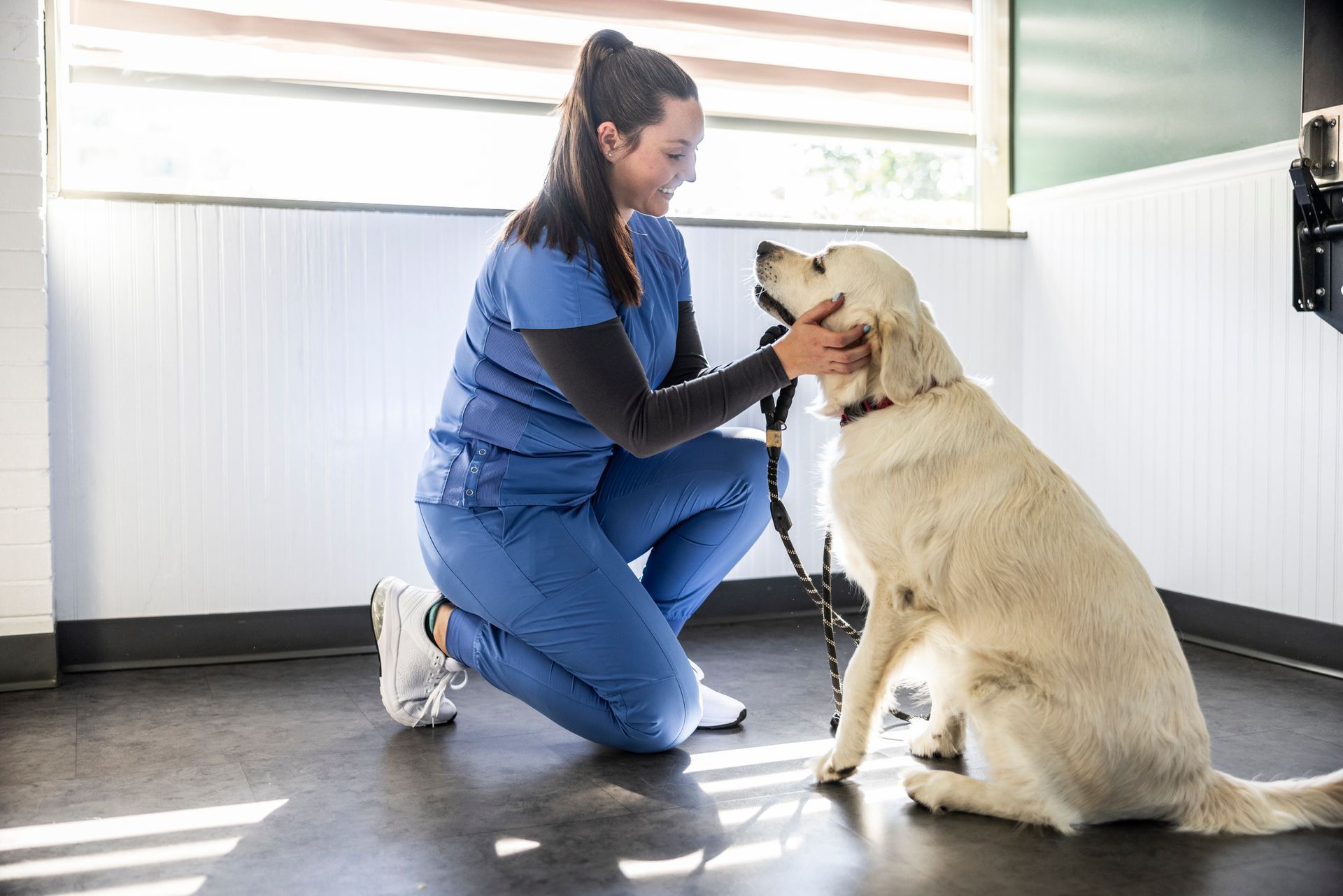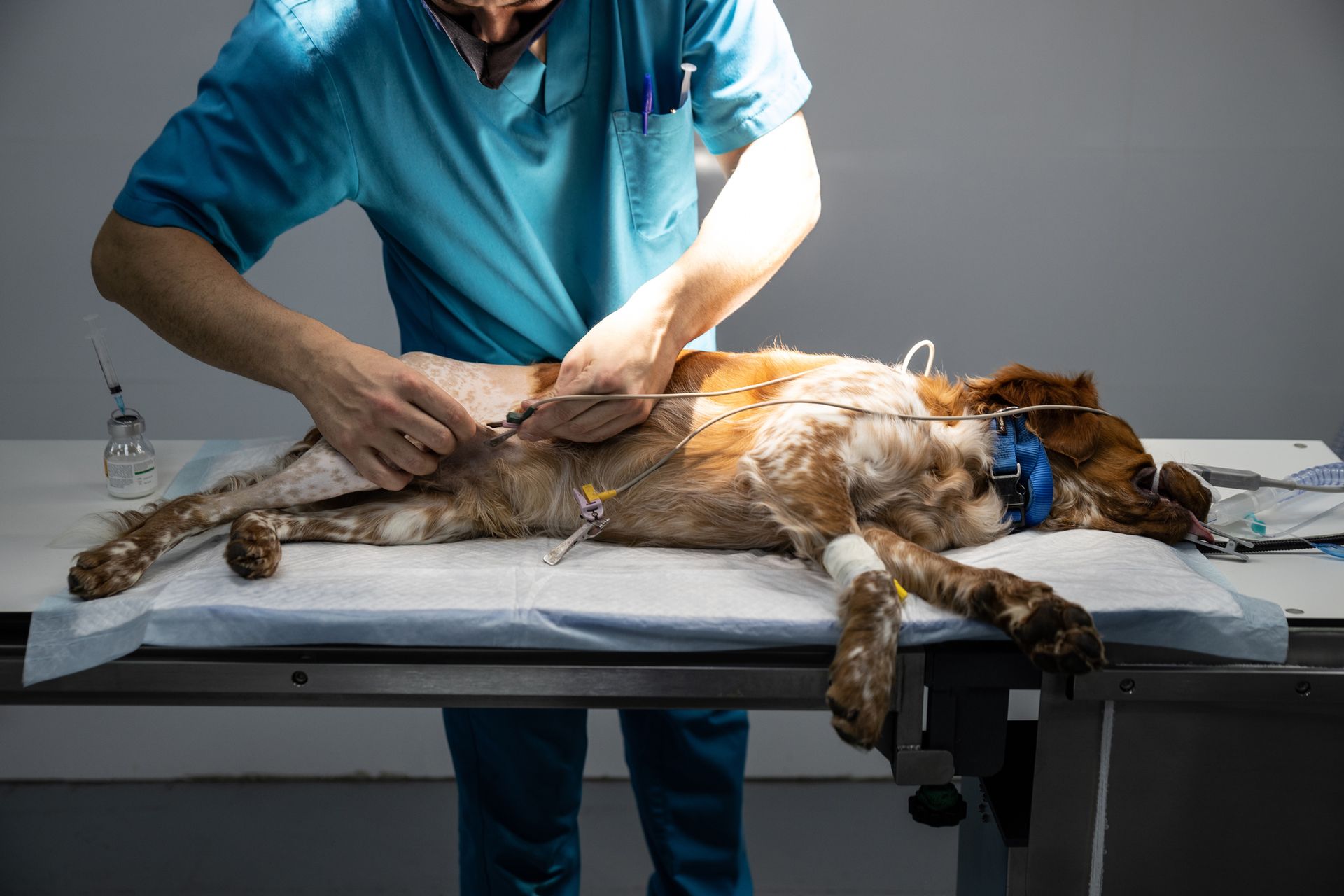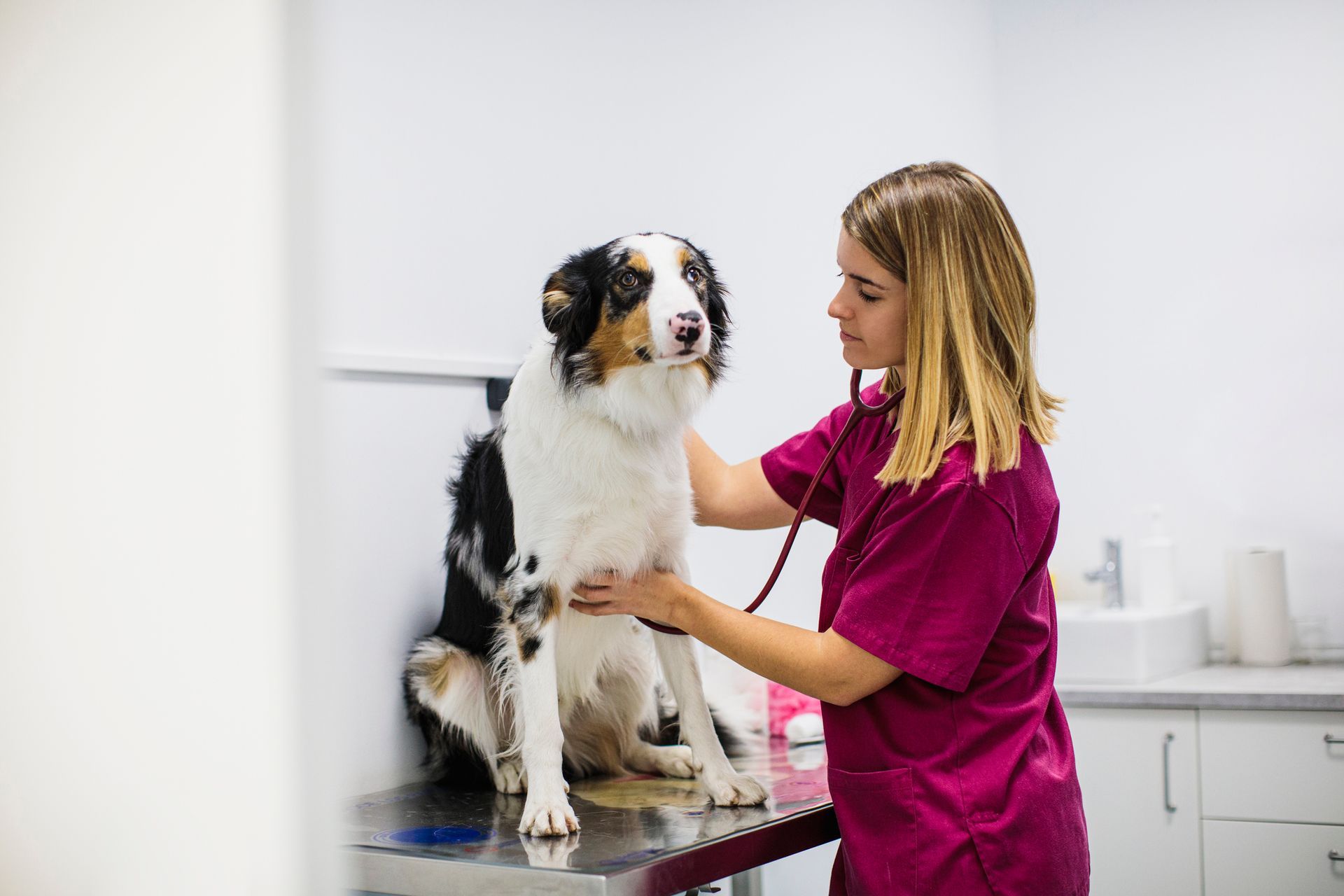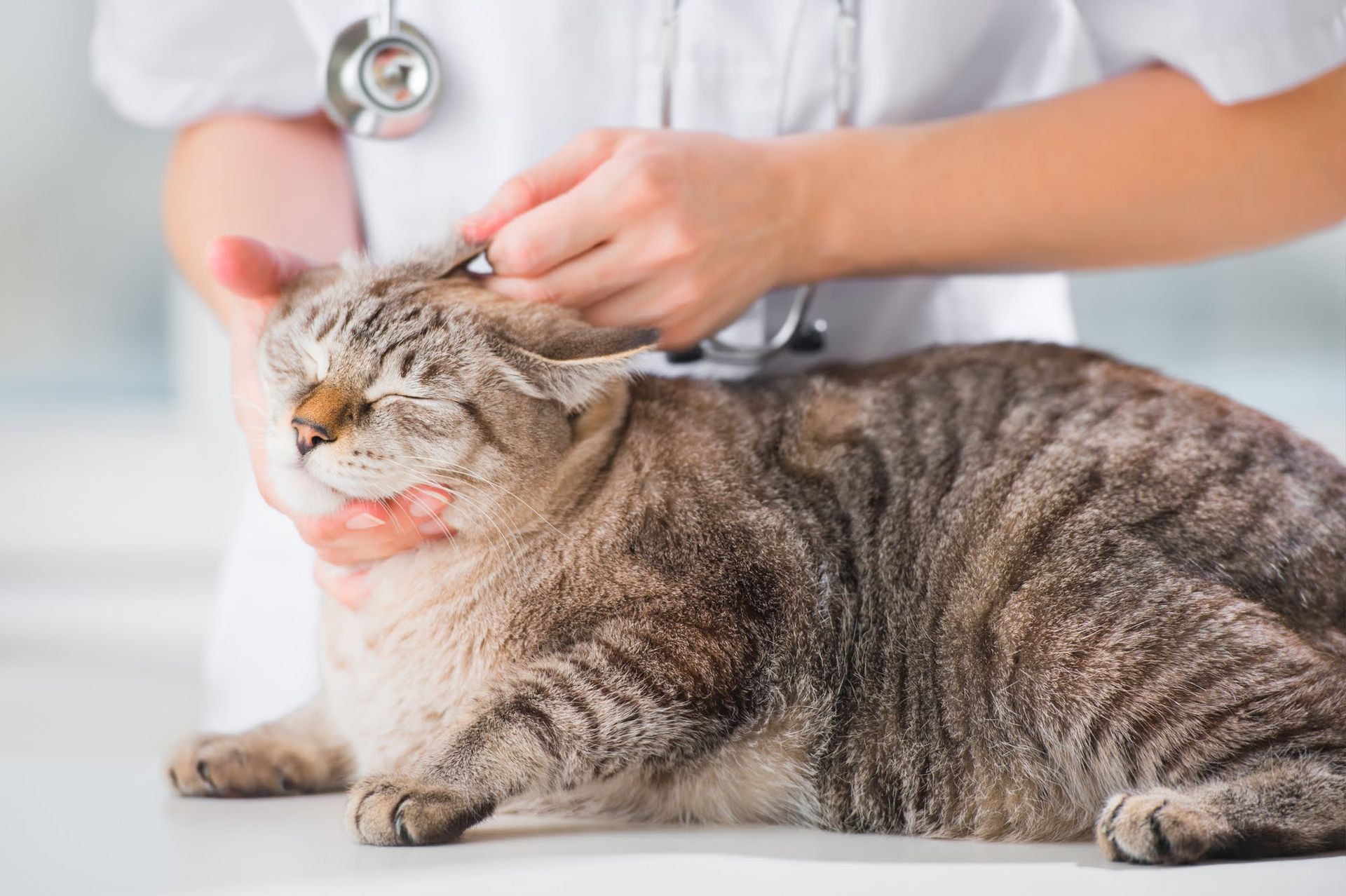Signs Your Cat Needs Emergency Treatment for Ringworm

Ringworm, a fungal infection affecting the skin, is a common issue for cats. While often manageable with prompt treatment, severe cases can lead to discomfort and complications. As a pet owner, knowing the signs of when your cat may need emergency care is crucial for ensuring their health and well-being.
Understanding Ringworm in Cats
Ringworm is not caused by a worm, despite its name. It's a fungal infection that affects the top layers of the skin, hair, and nails. The infection is highly contagious and can spread between animals and humans. Although many cases of ringworm are mild, severe or untreated infections can lead to significant discomfort and health issues for your cat.
Visible Bald Patches or Hair Loss
One of the earliest signs of ringworm in cats is hair loss, often in circular patches. These bald spots may appear on the head, ears, or limbs and can spread to other parts of the body. While minor hair loss may not always indicate an emergency, extensive or rapidly worsening hair loss could mean the infection is spreading aggressively and requires immediate veterinary attention.
Red, Scaly, or Inflamed Skin
Infected areas of skin may become red, scaly, or inflamed. If your cat’s skin looks unusually irritated or the redness is spreading, this could be a sign of a more severe infection. Prompt treatment is essential to prevent the condition from worsening and causing your cat further pain or discomfort.
Constant Scratching or Grooming
Cats with ringworm often experience intense itching. If your cat is scratching, licking, or grooming themselves excessively, it could indicate significant irritation. Persistent scratching can break the skin, leading to secondary bacterial infections, which may require emergency care to address.
Crusting or Oozing Lesions
In severe cases, ringworm can cause the skin to develop crusty, oozing sores. These lesions may be painful and increase the risk of secondary infections. If you notice open wounds or significant crusting, seek immediate veterinary care to prevent further complications.
Thickened or Brittle Claws
Ringworm can sometimes affect a cat's nails, causing them to become thickened, brittle, or discolored. If you observe changes in your cat's claws, it may indicate that the infection has spread to the nail bed, which requires veterinary intervention to treat effectively.
Lethargy or Loss of Appetite
While ringworm primarily affects the skin, severe infections can take a toll on your cat's overall health. If your cat seems unusually tired, weak, or uninterested in food, it may indicate that the infection is causing systemic issues. These signs warrant a visit to the veterinarian to rule out other potential health problems and provide appropriate care.
Rapid Spread of Symptoms
If you notice that the symptoms of ringworm are spreading quickly or worsening, it’s time to seek emergency treatment. Rapid progression could mean that the infection is outpacing your cat’s immune system, and professional intervention is necessary to prevent more serious health issues.
Risk to Other Pets and Family Members
Since ringworm is highly contagious, an infected cat poses a risk to other animals and even people in your household. If you suspect ringworm and have multiple pets or young children at home, early diagnosis and treatment are essential to prevent an outbreak. Emergency care can help contain the infection and ensure the safety of everyone in your household.
While ringworm in cats is often treatable with topical or oral antifungal medications, certain signs indicate that your cat may need emergency care. Rapid hair loss, severe skin irritation, crusting lesions, or changes in behavior are all red flags. Seeking prompt veterinary attention ensures your cat’s comfort and recovery and helps protect other pets and family members from this contagious condition. Prioritizing your cat’s health and addressing ringworm early can prevent complications and keep your furry friend happy and healthy.
For more info, contact us at South Seattle Veterinary Hospital.










